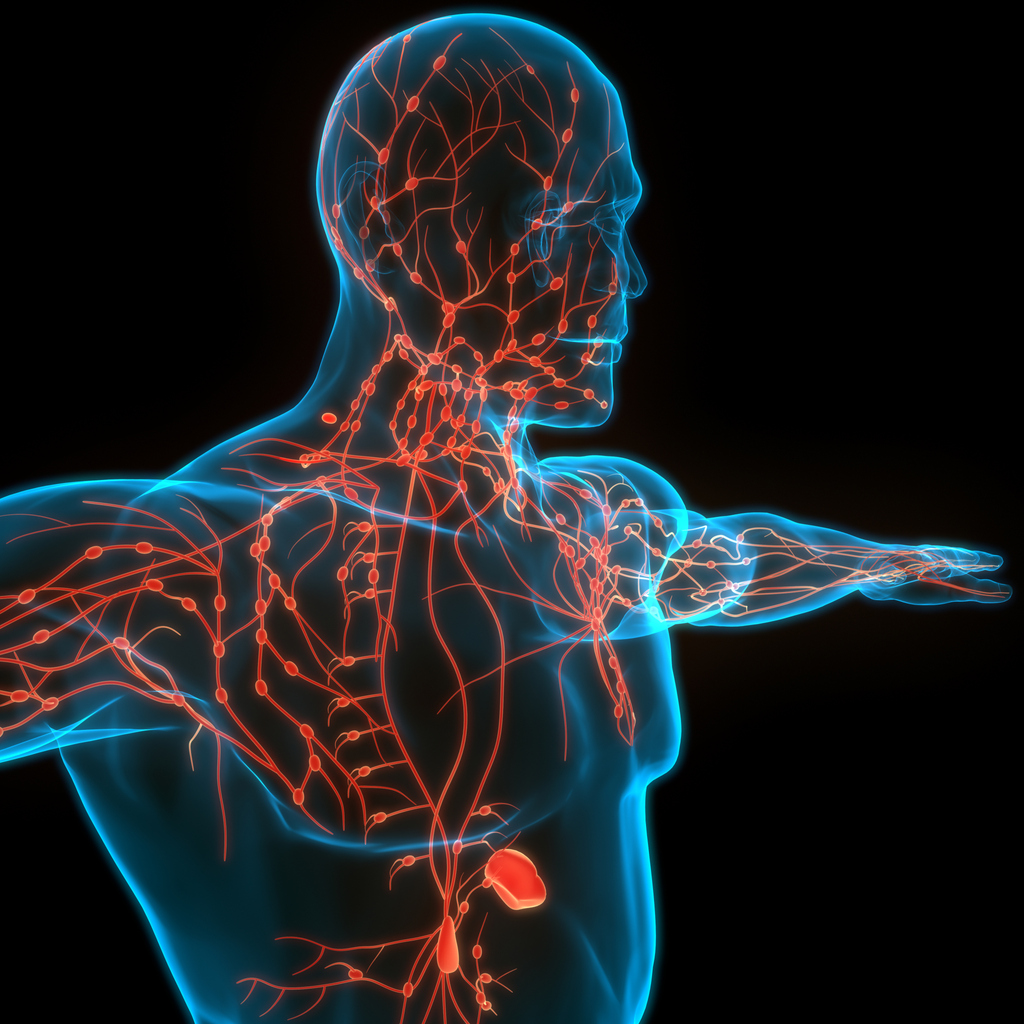2024-02-14
Bispecific antibodies in diffuse large B-cell lymphoma
Oncology
At least a third of patients with diffuse large B-cell lymphoma require a second or even third line of treatment for relapsed or refractory disease. New therapeutic approaches are being developed, such as chemoimmunotherapy and CAR-T-19 cell therapies. CAR-T-19 therapies could provide a cure for 30% to 40% of patients refractory to first-line treatment. But these therapies come up against logistical difficulties (production time, high costs, etc.). Recently, new options have come onto the market: bispecific antibodies such as glofitamab and epcoritamab. More accessible than CAR-T therapy, these bispecific antibodies could prove promising for the treatment of these lymphomas, probably in combination with another therapy.

Last press reviews
A post-exercise infrared sauna session: a booster for neuromuscular recovery or just comfort?

By Lila Rouland | Published on December 15, 2025 | 3 min read<br>
Cinnamon: more than just a spice?

By Ana Espino | Published on December 12, 2025 | 3 min read<br>...
Pneumothorax: surgery or patience?

By Ana Espino | Published on December 11, 2025 | 3 min read<br>...